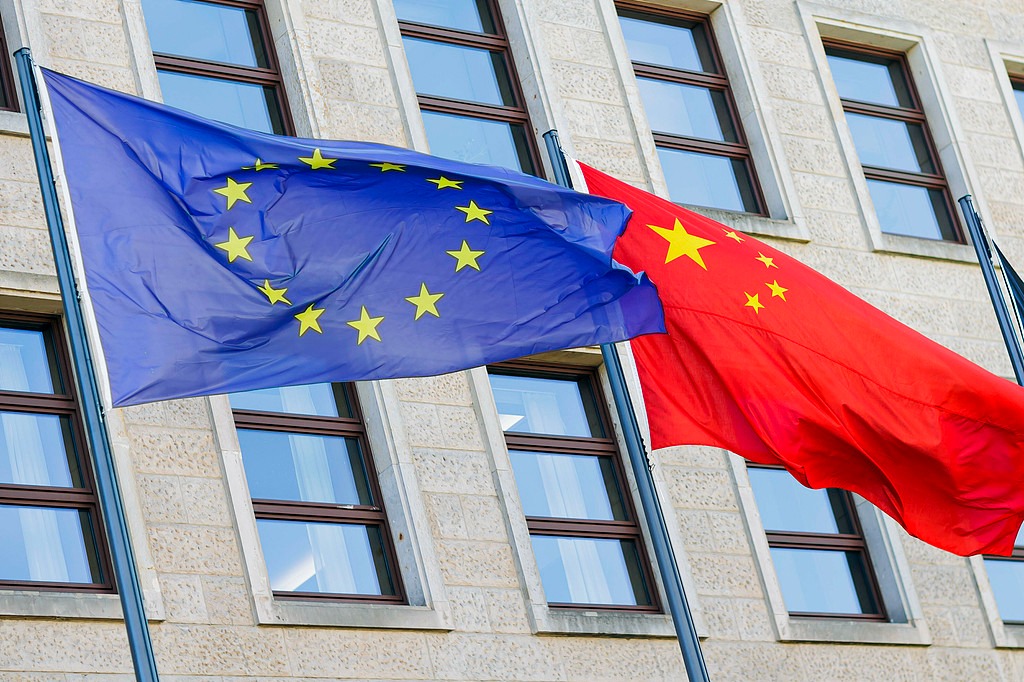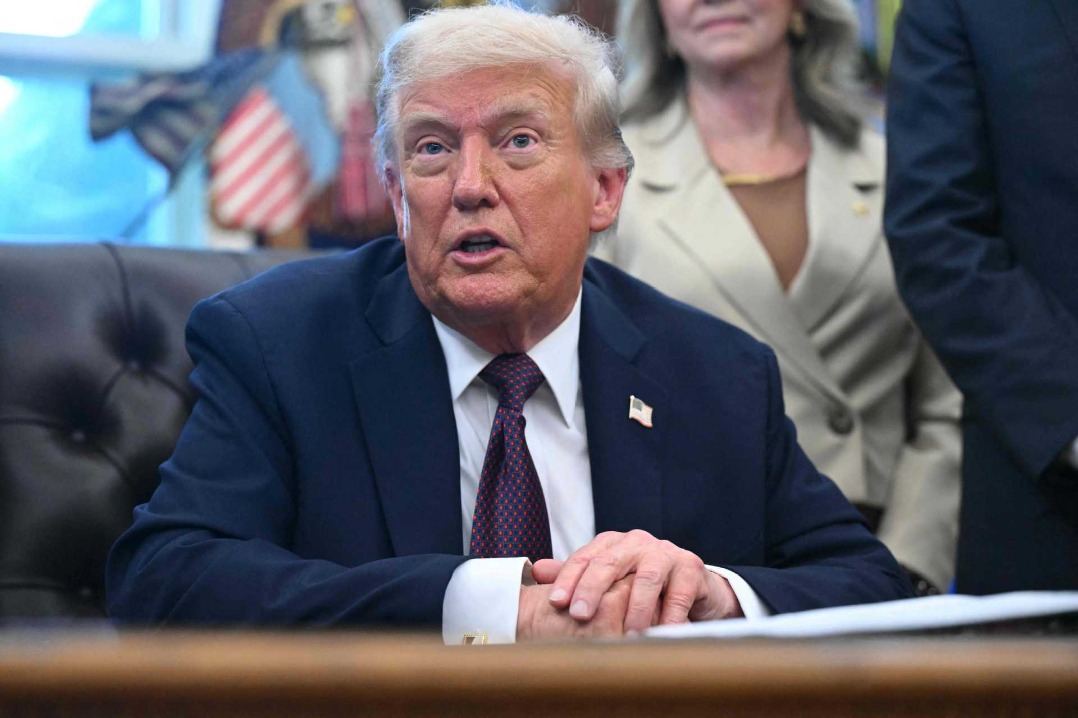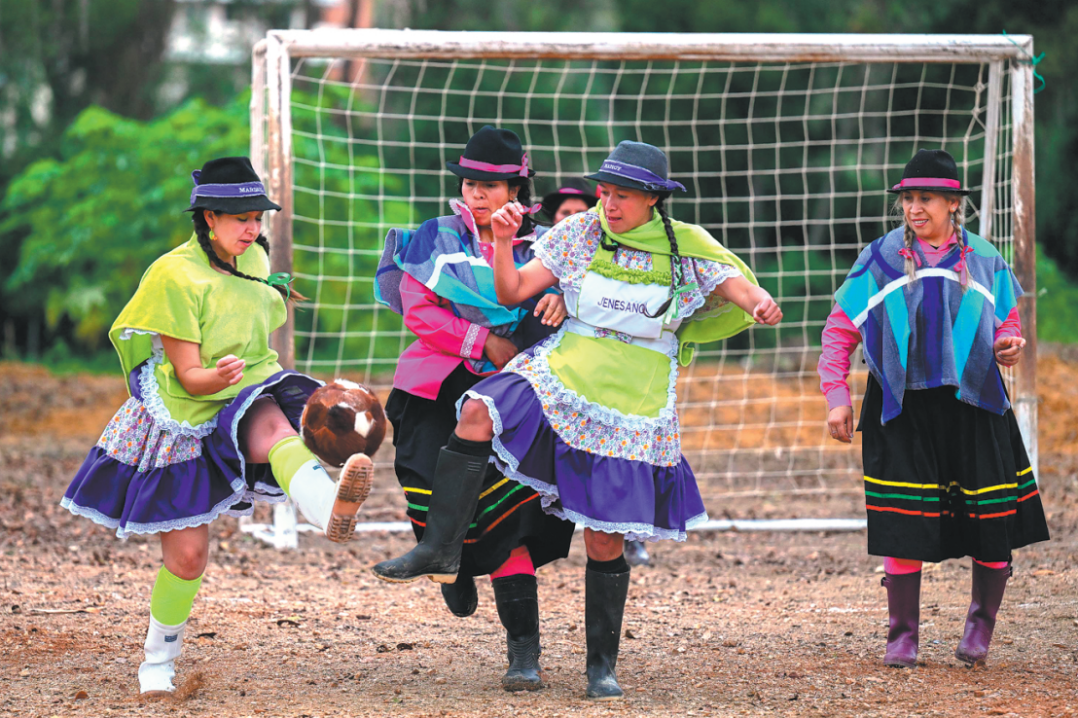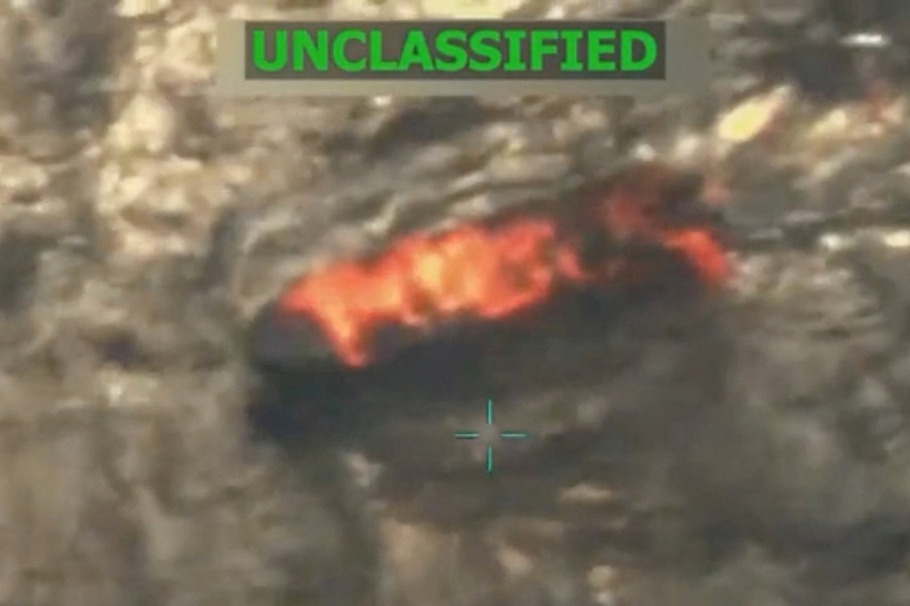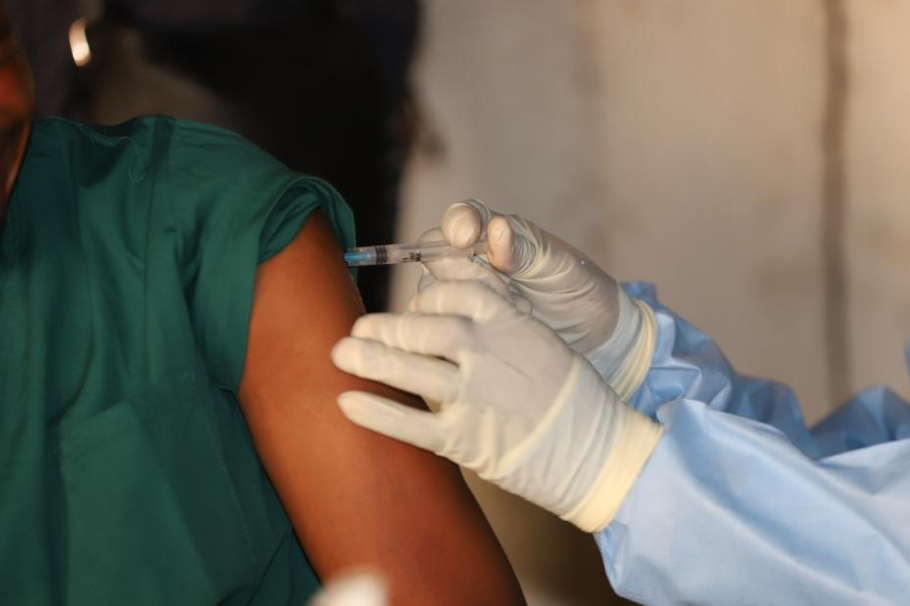What's false and what's true on China-related human rights matters

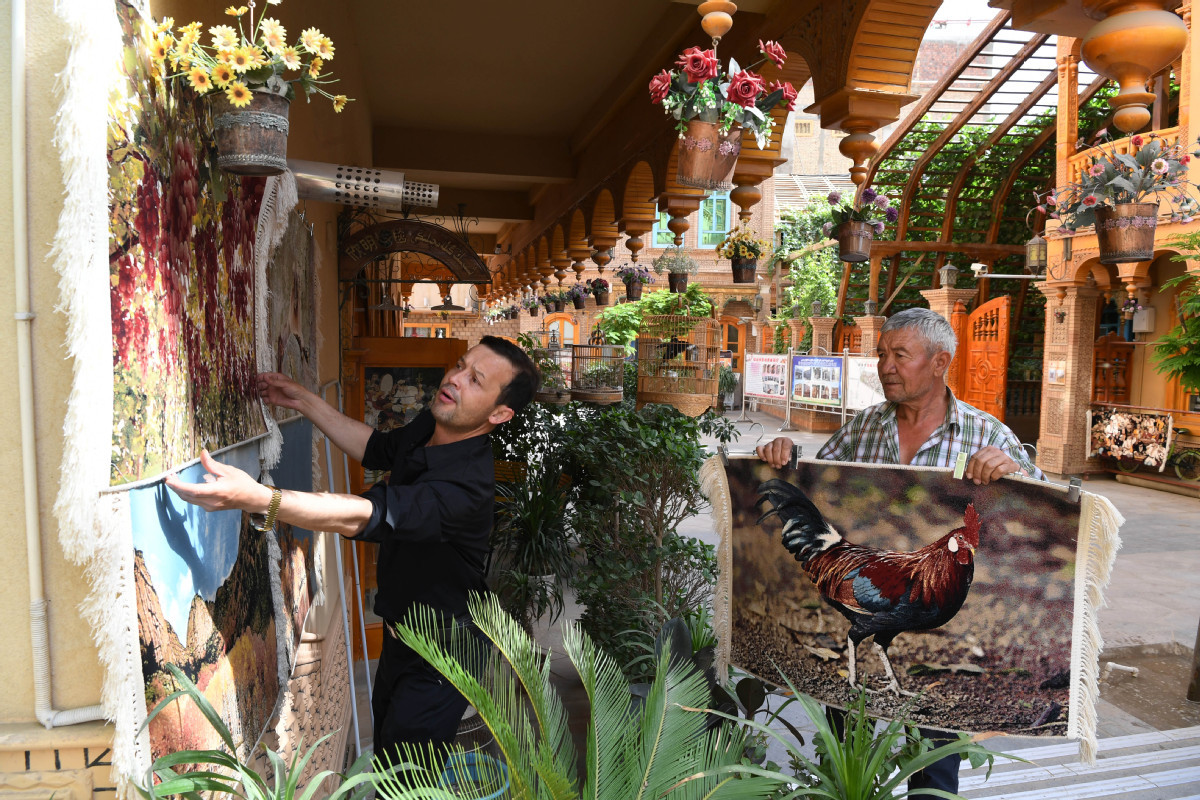
19. False: Detainees in the mass internment camps in Xinjiang include permanent residents of the US and Australia.
True:
- The vocational education and training centers in Xinjiang have never received trainees who are not Chinese nationals.
20. False: Xinjiang's special operations against violent terrorist activities aim to suppress ethnic minorities under the pretext of fighting terrorism.
True:
- Xinjiang had suffered long and deep from terrorism and extremism. Statistics show that from 1990 to 2016, ethnic separatists, religious extremists and violent terrorists plotted and conducted several thousand violent terrorist cases and incidents, killing a large number of innocent civilians and several hundred police officers, and causing immeasurable property losses. These incidents inflicted untold sufferings on the people of various ethnic groups in Xinjiang.
- In the face of a grave and complicated counter-terrorism situation and the urgent demand from people of all ethnic groups for suppressing violence and terrorist crimes and protecting life and property safety, China's Xinjiang region has taken a series of active measures. Responding to the United Nations Global Counter-Terrorism Strategy and other counter-terrorism resolutions, Xinjiang has upheld the principle of not linking terrorism with any particular region, ethnic group or religion, and acted in accordance with the law to crack down on violence and terrorist activities that violate human rights, endanger public security, undermine ethnic unity and aim at separating the country. Since 2014, a total of 1,588 violent and terrorist groups have been taken out, 12,995 violent terrorists arrested and 2,052 explosive devices seized. Such operations have effectively curbed the rising trend of frequent terrorist activities and protected people's right to life, right to health, right to development and other basic rights to the maximum extent. These measures have received full support from people of all ethnic groups in Xinjiang.
- Through law-based counter-terrorism, deradicalization and vocational education and training, Xinjiang has not seen a single violent terrorist case in the past three-odd years. Extremist infiltration has been effectively curbed, public security significantly improved and people's sense of fulfillment, happiness and security markedly enhanced.
- In October 2019, more than 60 countries spoke in support of China's Xinjiang policy at the United Nations General Assembly. Among them, over 30 are Islamic countries. In contrast, none of the few countries criticizing China's Xinjiang policy are Islamic countries.
- Since late December 2018, more than 1,000 people from over 90 countries visited Xinjiang in 70-plus groups. They include UN officials, foreign envoys to China, representatives of relevant countries to Geneva, journalists and members of religious groups. After their visits, they expressed the view that Xinjiang's counter-terrorism and deradicalization efforts are in line with the purposes and principles of the UN in fighting terrorism and upholding basic human rights and that these efforts deserve to be fully recognized and emulated by others.
21. False: China restricts the freedom of communication and movement of Uyghurs in Xinjiang in the name of counter-terrorism and deradicalization.
True:
- Xinjiang has never restricted the freedom of movement of Uyghurs or people of any other ethnic group. In Xinjiang, anyone from any ethnic group, except those prohibited from leaving the country for suspected crimes, can exit and enter China freely. Several hundred thousand people from Xinjiang are now overseas.
- Xinjiang has never restricted Uyghurs or people of other ethnic groups from contacting their overseas relatives. They can do so not only through international phone calls, but also through voice and video chats on instant messaging apps such as WeChat and QQ. They can also do business and trade with people in other countries through various communication means.
22. False: Xinjiang conducts large-scale surveillance on local ethnic minorities.
True:
- It is an international common practice to harness modern technology and big data in improving social governance. For example, there were 4.2 million surveillance cameras installed in the UK as early as 2010, the highest number in the world then. Today the country has about six million cameras, one for every ten people. In the United States, facial recognition is conducted in the top 20 airports against passengers. The city surveillance system built by New York police has devices covering every neighborhood of the city watching people and vehicles on the street and tracking and screening information on people's mobile phones. What Xinjiang has done in this respect pales significantly in comparison with these two countries.
- The cameras in urban and rural public places, main roads and transport hubs in Xinjiang are installed in accordance with the law for the purpose of improving social governance and forestalling and combating crimes. These measures make people feel safer and are widely supported by people of all ethnic groups. The measure does not target any specific ethnicity, not to mention that cameras by themselves identify or target no specific ethnicity. They are there to deter bad guys and protect good people.
















